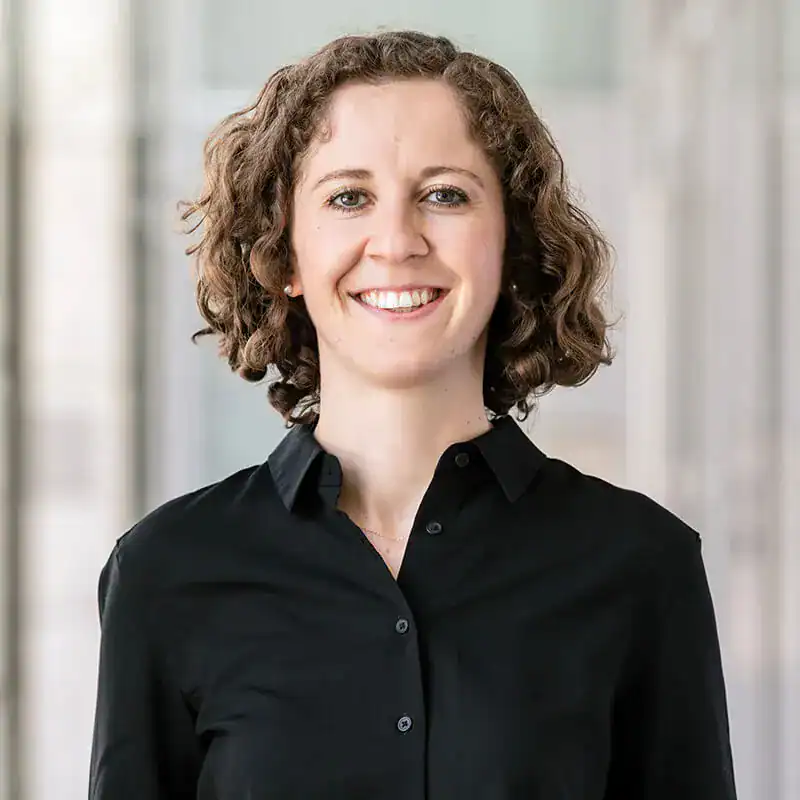Colorectal cancer (CRC) remains a leading cause of cancer deaths and is largely unresponsive to immunotherapy due to its immunosuppressive tumor microenvironment (TME). In tumors that do respond, immune cells cluster into localized “immune niches” and coordinate their anti-tumor activity. These structures are conserved across cancer types, suggesting that therapeutically inducing them could unlock new treatment strategies.
Dr. Anna Ralser is developing a method to induce these niches in CRC by reprogramming tumor cells to recruit and organize immune responses. Using a sophisticated mouse model that mimics the complexity of human CRC, she will identify immune-attracting signals and validate them through a high-throughput screen of genetically barcoded tumor organoids. “This research will reveal new strategies to unleash the power of the body’s own defenses and enable the development of effective immunotherapies against CRC and other solid tumors with immunosuppressive TMEs,” she says. As an MD/PhD, Dr. Ralser’s academic journey began with medical training, which sparked her interest in the molecular mechanisms of cancer. “I realized that I could contribute to understanding cancer pathophysiology and uncover new therapeutic avenues,” she says. During her PhD at the Technical University of Munich, she identified microbiota-immune signatures that promote colorectal tumor development and conducted multiomic analyses to track tumor-immune interactions. Since joining the Gladstone-UCSF Institute of Genomic Immunology, Dr. Ralser has developed a complex murine tumor model and a novel barcoding strategy to track spatial immune responses – tools she now uses to pursue breakthroughs in CRC treatment.
Sponsor
Karin Pelka, PhD, and Barbara Engelhardt, PhD
Research Focus
Colorectal cancer, immunotherapy, tumor microenvironment
Projects and Grants
Inducing immune niches to unlock anti-tumor responses in immunotherapy-resistant CRC

